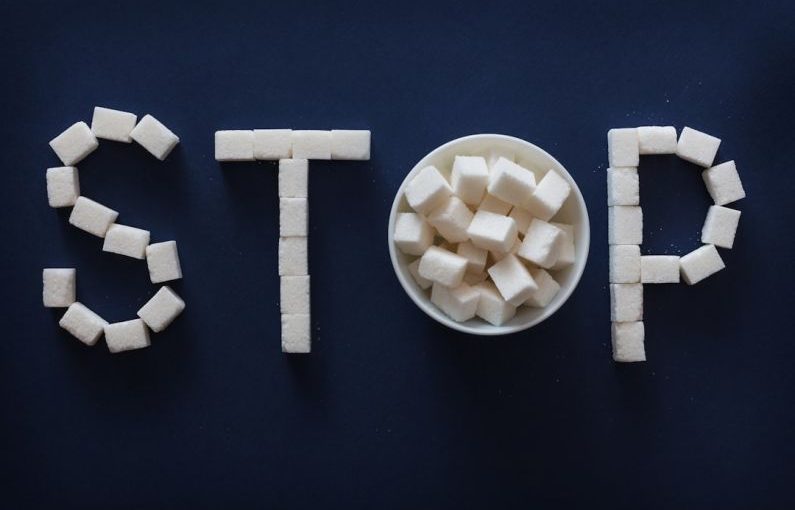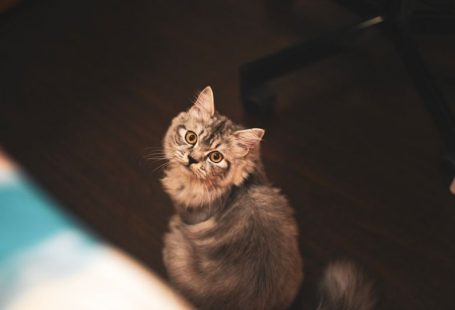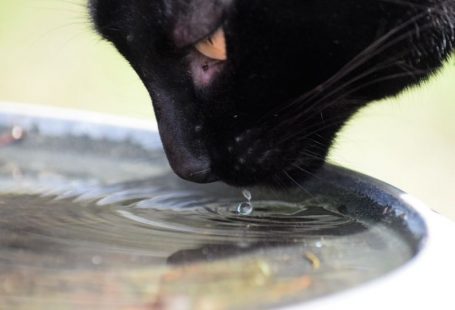Small mammals, such as hamsters, guinea pigs, and rabbits, make delightful pets. However, like humans, these furry companions are also at risk of obesity if not provided with the proper care and attention to their diet and exercise needs. Preventing obesity in small mammals is crucial for their overall health and well-being. In this article, we will explore some effective strategies to help keep your small pets at a healthy weight and promote their longevity and happiness.
Understanding the Risks of Obesity
Obesity in small mammals can lead to a variety of health issues, including diabetes, heart disease, joint problems, and a decreased lifespan. Just like in humans, excess weight puts strain on the body and can lead to serious complications over time. It is important for pet owners to be aware of the risks associated with obesity in small mammals and take proactive steps to prevent it.
Choosing the Right Diet
One of the key factors in preventing obesity in small mammals is providing them with a balanced and nutritious diet. Commercially available pellets formulated specifically for your pet’s species are a good base for their diet. These pellets are designed to provide the essential nutrients that small mammals need to thrive. It is important to follow the recommended feeding guidelines provided by the manufacturer to ensure that your pet is getting the right amount of food each day.
In addition to pellets, small mammals should also be offered a variety of fresh vegetables and occasional fruits as treats. Vegetables such as leafy greens, carrots, and bell peppers are rich in vitamins and minerals that are essential for your pet’s health. However, it is important to avoid feeding sugary or high-fat foods, as these can contribute to weight gain and other health problems.
Encouraging Exercise
Exercise is another important aspect of preventing obesity in small mammals. Providing your pet with opportunities to be active and engage in natural behaviors is essential for their physical and mental well-being. For example, hamsters and gerbils enjoy running on exercise wheels, while guinea pigs and rabbits benefit from having a large enclosure to explore and play in.
Regular playtime outside of their cage is also important for small mammals. Allowing your pet to safely roam in a secure area can help them burn off excess energy and prevent weight gain. Just be sure to supervise them closely to ensure their safety.
Monitoring Weight and Body Condition
Regularly monitoring your small pet’s weight and body condition is crucial for preventing obesity. A healthy small mammal should have a well-defined waist and be able to move around easily without any signs of lethargy or difficulty breathing. If you notice that your pet is gaining weight or has a poor body condition, it is important to consult with a veterinarian to rule out any underlying health issues and develop a plan to help them reach a healthy weight.
Creating a Enriching Environment
In addition to diet and exercise, providing your small mammal with a stimulating and enriching environment can help prevent obesity. Mental stimulation is just as important as physical activity for your pet’s overall well-being. Providing toys, tunnels, and other enrichment activities can help keep your pet engaged and prevent boredom, which can lead to overeating.
Conclusion: Prioritizing Your Pet’s Health
Preventing obesity in small mammals requires a combination of proper diet, exercise, monitoring, and environmental enrichment. By taking proactive steps to ensure that your pet is healthy and happy, you can help them live a long and fulfilling life. Remember to consult with a veterinarian for personalized advice and guidance on how to best care for your small mammal and prevent obesity. Your furry friend will thank you for it with their wagging tails and playful antics.





